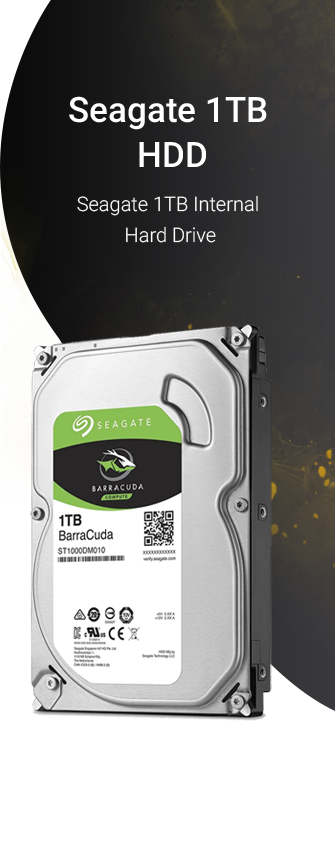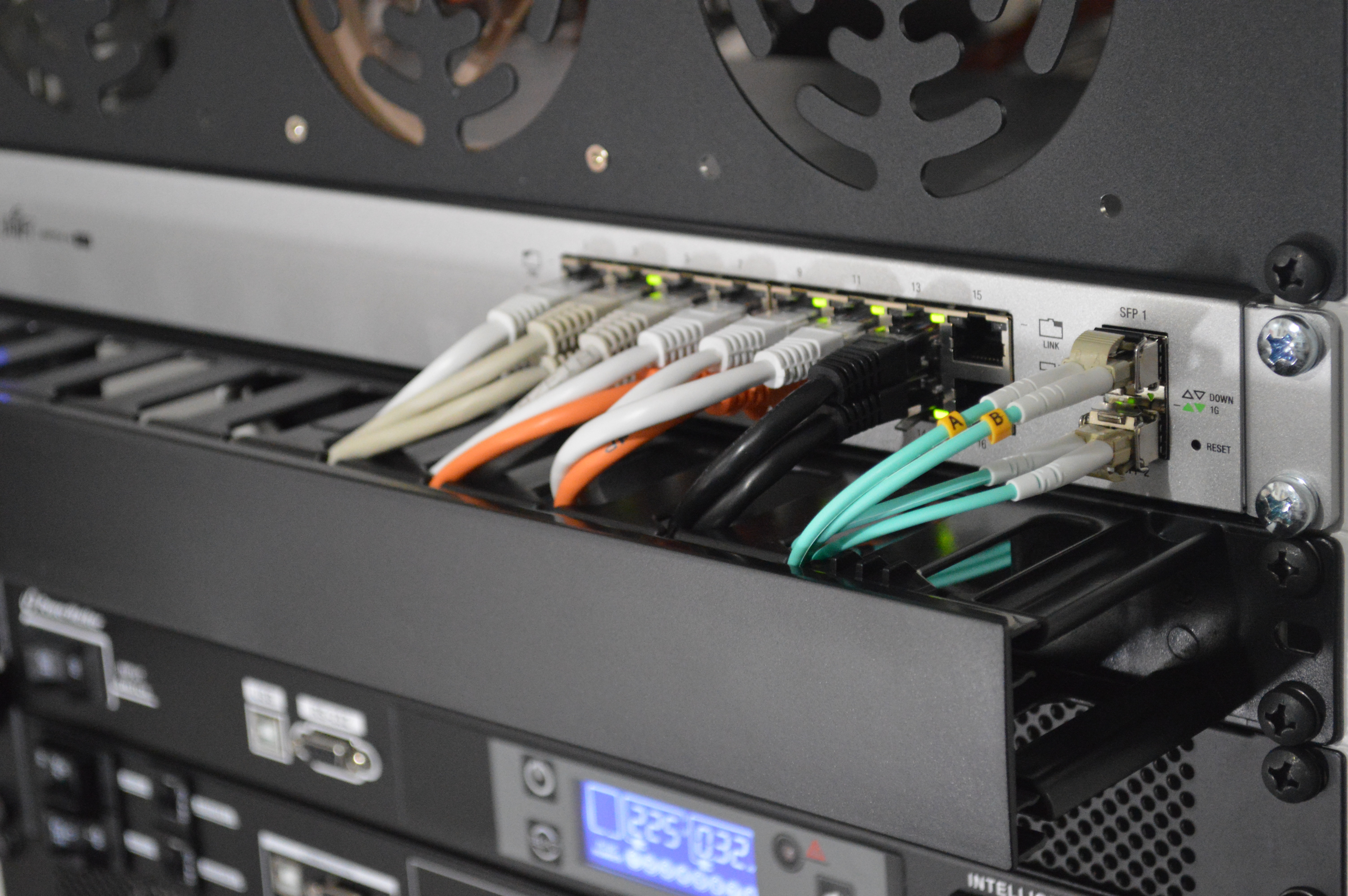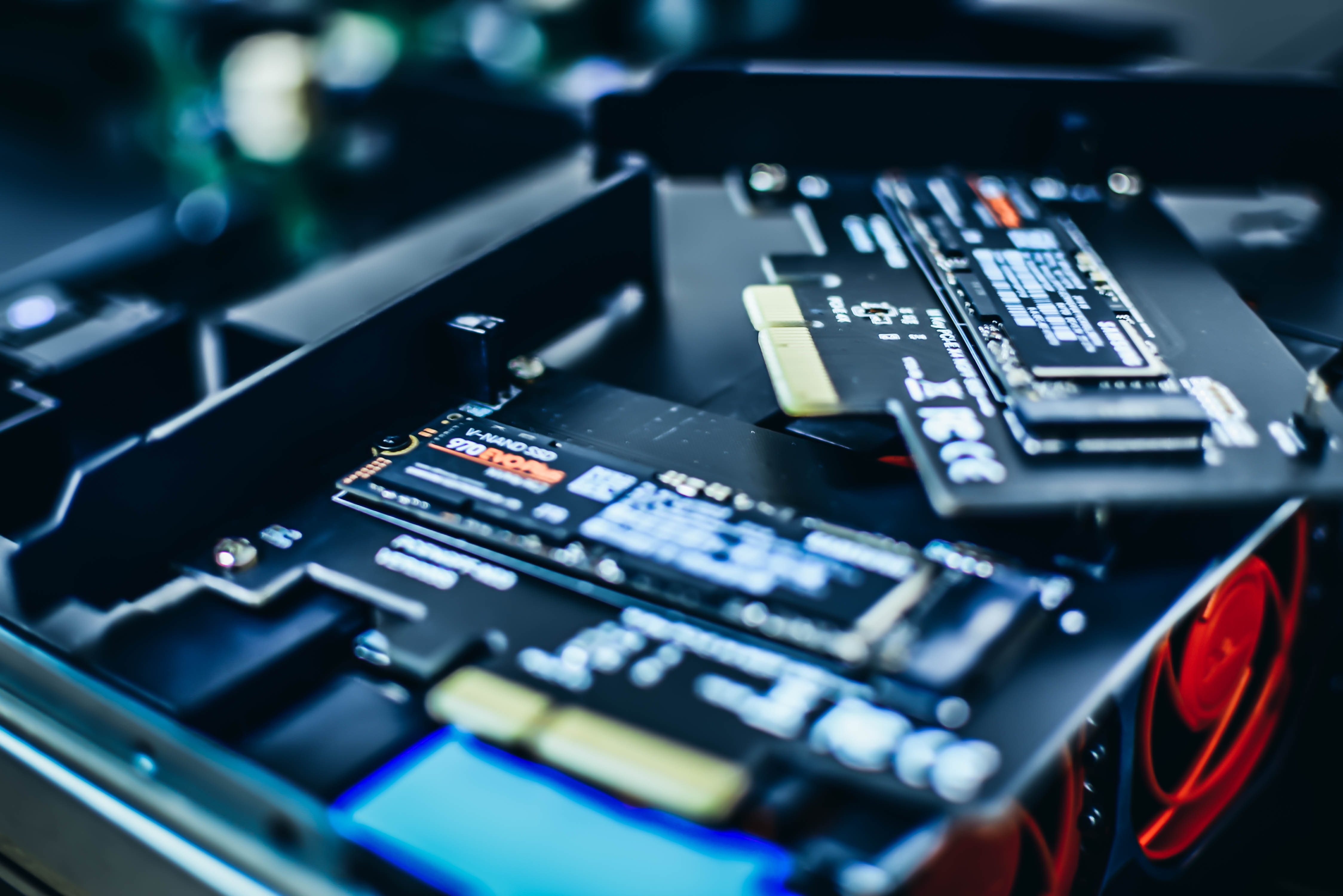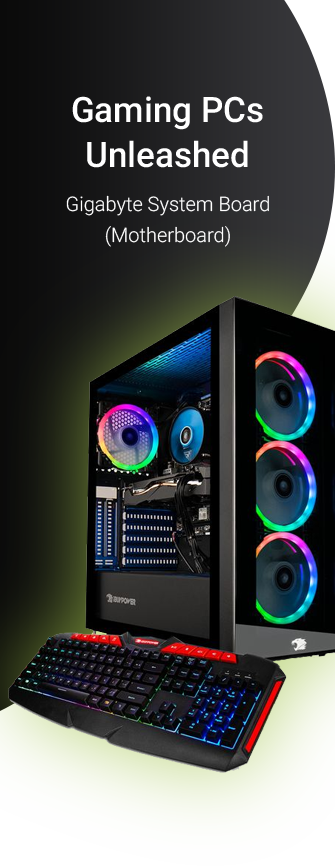How to Choose the Right Networking Devices for Your Business
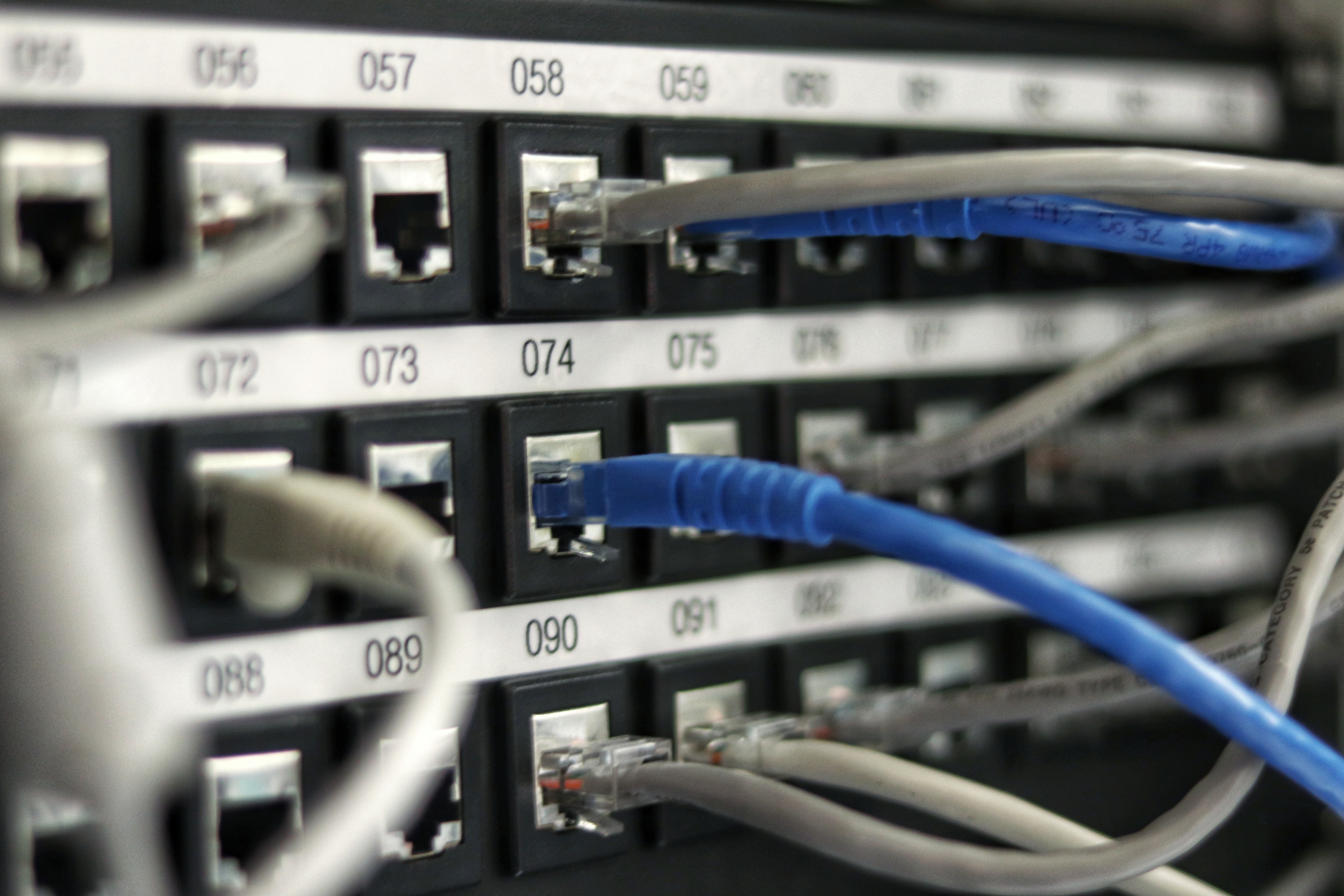
In today’s connected world high-performance networks are the lifeline for most businesses and without them, a lot of companies would just simply come to a halt or would completely collapse. Due to this reason, there is a lot of responsibility on the shoulders of IT and network engineers to keep the network systems running in their best possible shape. The world of IT is changing at an ever faster rate and keeping yourself updated with the latest trends and devices is at the core of maintaining a network system.
But as one might imagine there are almost unlimited types of high-performance network devices available in the market that you can buy and choosing the right hardware for your specific needs can be quite a challenge especially if you are new to the IT industry. But don’t worry we have got you covered, as this blog is a detailed guide on how to choose networking devices your your business or home network.
So, whether you're a tech enthusiast looking to optimize your home network or a business owner seeking to enhance your organization's connectivity, join us on this journey to discover the key factors to consider when selecting the perfect networking devices.
Understanding The Needs of Your Network System
Like any other thing, the first step for starting any project is to get a good understanding of what is your expectations, what end goal you want to achieve, and what is your current situation and infrastructure. So, we will also follow the same principle when selecting the right devices for our networking system.
Every business is unique, and so are its networking needs. Start by evaluating your current and future demands. Some questions that you can ask yourself to help you in the process are:
- What kind of data flow do you expect?
- Are you handling sensitive information?
- Do you anticipate a significant increase in the number of devices on your network in the coming years?
Plus, one thing that all IT engineers and network administrators agree on, is that size matters when it comes to networking devices, so it is also very important to keep the scale of your networking system in mind when buying high-performance networking devices for your company.
Now that we have a good basic understanding of how to start preparing for choosing the right devices, it is time to get into the real stuff and start learning the most important network equipment and the factors that are important to consider while buying them.
Routers: The Traffic Directors
Routers are the heart of any network and they basically serve like traffic cops for your network. They determine the best path for data to travel between your devices and the wider internet. Choosing the most reliable wireless routers is important and you should always keep the following factors in mind:
- Wireless Standard: Always try to get a router device that comes with the latest Wi-Fi standards, like Wi-Fi 6 or 802.11ax. This will help in providing better speed and performance.
- Security Features: Look for routers with built-in security features like WPA3 encryption and firewall software capabilities to protect your network from threats.
- Coverage Area: Considering the coverage area is also important to ensure that all the places in your company receive equal and high-quality signals. This also entails selecting the right network topology such as star (centralized), mesh (distributed), or hybrid. If you have a large space then selecting mech routers is a good choice.
Choose The Perfect Network Switches
Network switches are one of the most important parts of any business network. Network switches are complex equipment with a lot of ports and their primary function is to connect a lot of network devices to a single network and process data to and fro them. Due to their complexity selecting the right switch involves a mix of technical considerations and practical needs. Some of these vital factors are:
- Network Requirement: First and foremost determine the number of devices you want to connect to your switch and the amount of data traffic that you will be handling at any particular time. It is a good practice to future-proof your system by selecting a more capable device.
- Speed and Port Count: Once you have determined the basic requirements, consider the speed you need for your network. Gigabit Ethernet (1 Gbps) is common, but you might need 10 Gbps or even 100 Gbps for data-intensive applications. Also, count how many devices need to be connected.
- Switching Layer: The type of layer technology that your switch uses greatly affects the overall performance of your network. Decide whether you need Layer 2 or Layer 3 switches. Layer 2 switches work at the Data Link layer (MAC addresses), while Layer 3 switches add routing capabilities (IP addresses).
- Quality of Service (QoS): The QoS is another vital feature that greatly enhances the performance of any network. Basically, this feature works by improving the processing of network traffic by prioritizing certain types of important traffic such as video conferencing.
- Scalability: If you want to expand your network in the future or for some reason want to scale your network system up or down, the scalability feature comes into play. Try to opt for switches that provide stacking support, which enables a lot of switches to be connected together that can then act as a single unit.
These are just some of the most broad and general features that you should be aware of and apart from these hundreds of other important factors come into play when choosing reliable network switches like bandwidth, forwarding, RAM, flash memory etc.
Wireless Access Points for Expanding Wi-Fi
If you have a large office space and want to provide Wi-Fi signals in every corner then the wireless access points are your friend. To make sure that you get the best wireless access points consider the following.
It's vital to ensure that the access points you choose are fully compatible with your router's Wi-Fi standard. Compatibility issues can lead to inefficient network performance and even connectivity problems. Most modern routers and access points support standard Wi-Fi protocols like 802.11ac or the newer 802.11ax (Wi-Fi 6).
The placement of your access points is just as important as their compatibility. In fact, where you position these devices can significantly impact your network's coverage and performance. Try to put them in an open place where there are no obstructions and also keep them away from other electronic devices that produce electromagnetic interference.
Security Considerations
For all business networks security should be the top priority as malicious attempts from hackers and viruses are increasing every day. Some key security aspects that should be at the core of any business network are:
Firewall: Implement a firewall to protect against external threats. Some routers have built-in firewalls, but you may also consider dedicated firewall devices for added security.
VPN Support: If you need remote access to your network, choose devices that support Virtual Private Networks (VPNs) for secure connections.
Firmware Updates: Regularly update the firmware of your networking devices to patch vulnerabilities and ensure a secure network.
Future Proofing And Vendor Reputation
Future-proofing your network can save you a lot of time and money in the long run. As a network administrator you should always try to get the devices with the most advanced features so that when new technologies get rolled out in the future, your network remains compatible with them.
While it's tempting to go for the latest and greatest, it's also very important to stay within your budget. Remember that expensive doesn't always mean better, and you can find reliable networking devices at various price points.
Closing Thoughts
Building the right network for your business is a rewarding endeavour. It not only ensures seamless connectivity but also enhances productivity and security. So, embrace the challenge, make informed choices, and craft a network that reflects your unique business needs. Happy networking!


